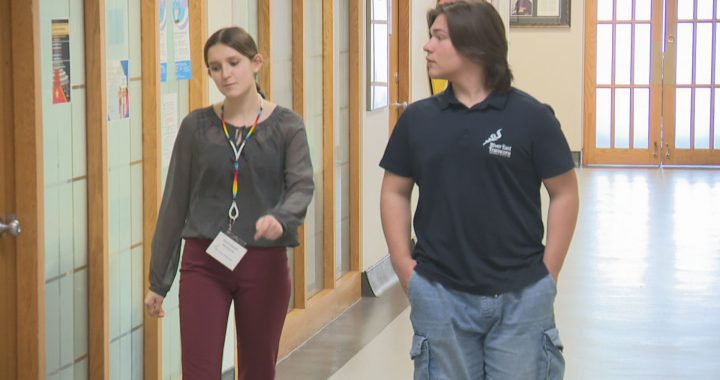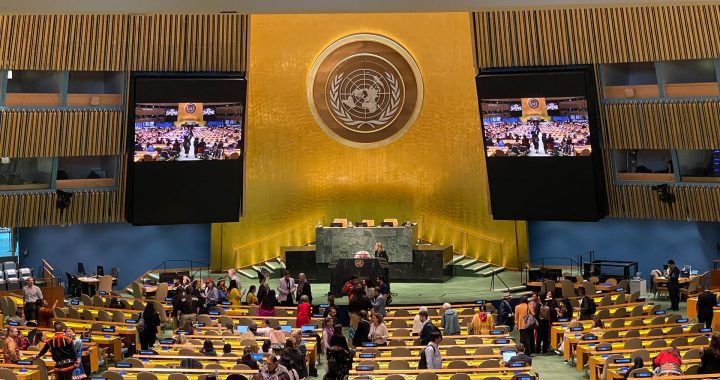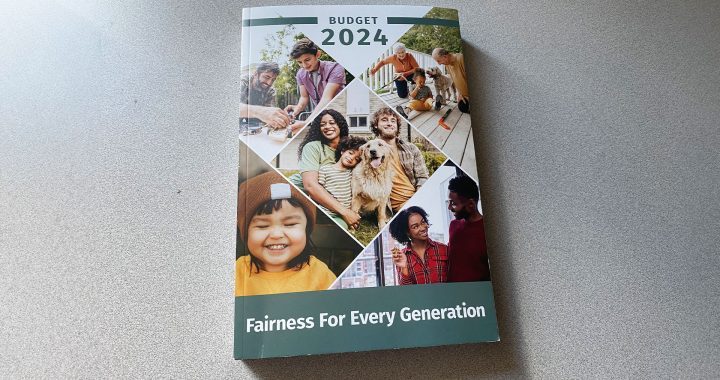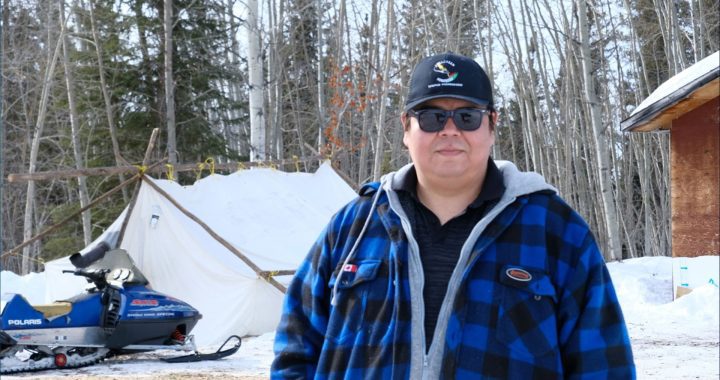If you are reading this story you’ve probably just watched the APTN Investigates piece on pretendians in the Algonquin land claim.
Two huge questions remain unanswered in the episode: How could it happen and how legit is the land claim if non-Algonquins had a hand in negotiating it?
In the program, the organization responsible initially declined a request for an interview. But very late in the process, they reached out.
Comment was provided by Bob Potts, Algonquin’s of Ontario lead negotiator and by legal counsel Alan Pratt. Their response came in the form of several email and phone conversations held over the past two days before the show’s air date.
Here are transcripts of those discussions:
APTN: You can clear one thing up for me. The sheer number of members who are believed to have questionable heritage is astounding. One report I read suggested you have to look at up to 3,000 members. Chief Davis confirmed to me her community lost 700 members in 2013. With this type of uncertainty, how is the land claim process allowed to continue?
Potts: Our negotiation team’s priority was while moving the treaty process forward, to slowly but surely identify the appropriate criteria to recognize those with Algonquin Aboriginal Rights in Ontario. The process, by necessity, has been, in the words of former Chief Kirby Whiteduck, an incremental and painstaking one.
Potts defends the process, pointing out the positives contained in the deal. He says talks had to go forward because land and opportunity would have been lost.
“Our efforts to move the treaty process forward over the past decade while taking incremental steps towards identifying the ultimate rights-bearing Algonquins in Ontario has led to identifying and preserving a land base of over 129,000 acres, and a financial component with a value today of approximately one billion dollars,” said Potts.
The AOO would not confirm the number of members who are under scrutiny.
“I don’t think speculating about how many hundreds or thousands might be lost, is it really relevant? It’s not really. There could be a big number there. May not be, you know, we just don’t know yet,” said Pratt.
As explained in the show, from the very start a decision was made to include non- status people in the claim. It’s here where the door was opened for non-Algonquins. You need only prove a connection to what is termed a root ancestor. Some root ancestors’ only connection to Algonquins is two to three hundred years old.
“Under an old regime before the current structure they didn’t have the kind of rigor, and I guess the type scrutiny that we’re currently using,” Pratt said.
Potts and Pratt both said the loophole has been fixed. It’s a more rigorous application process since 2020. Currently a tribunal has been convened to investigate the legitimacy of root ancestors and their current descendants.
“At the end of the day before we do any treaty and we put anything before a group of people to make a decision, we will hopefully have done our extreme best to whittle it down to the identifiable people that have an Aboriginal right,” said Potts.
Currently, there is no appetite to halt the land claim despite the possibility non-Algonquins have been influencing the negotiations all this time.











